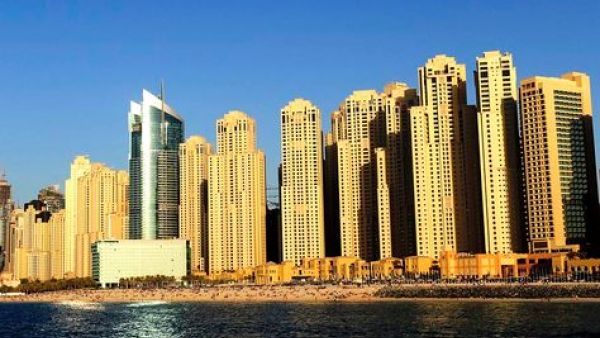The UAE and Qatar will see a gradual surge in foreign investment inflows of up to $3 billion if they get elevated to the emerging market status tomorrow, investment managers said.
The UAE and Qatar are for a fifth year under consideration by MSCI, whose gauges are tracked by investors managing about $7 trillion, for reclassification from frontier-market status to emerging market.
“The eagerly-awaited verdict, which is to be announced on June 11, will have a major impact on the two GCC countries’ market dynamics. An upgrade to emerging market status will sure open the floodgates of foreign investments,” said a Doha-based investment manager.
BNY Mellon, an investment services company, said June appears to be a critical time for the region, regardless of the global dynamics being played out in Europe and elsewhere. “An upgrade by MSCI would underscore the readiness of the region for the next phase of growth,” said Peter Gotke, vice-president and Head of GCC Depositary Receipts at BNY Mellon.
“If the UAE and Qatar are successful in their bid to become emerging markets then it is estimated that they will see an increase in foreign investment inflows of up to $3 billion. However the impact would be much more gradual than a sudden turning on of a tap,” said Gotke.
More important, perhaps, would be the impact on sentiment, both for retail investors and for foreign investors. The markets have been on a sustained upward trajectory in the UAE, and to a lesser extent in Qatar, this would both sustain and underpin the direction of both markets, he said.
Gotke said inflows from foreign investors have been on an upward curve for some time now.
Standards of investor relations and corporate governance continue to rise in the region with several exchanges helping showcase this by communicating the dynamics of their listed companies to the major capital markets, he said.
“I am confident at this juncture that the UAE and Qatar will be upgraded to Emerging Markets status by the MSCI this coming June, with affirmative action taking place across regional markets. It remains a priority that both the UAE and Qatar continue to attract institutional foreign investment to provide enhanced stability for region,” he said.
Gotke said the UAE would attract significant capital flows in additional foreign investment, should it be upgraded to emerging market status.
“With more and more foreign investors looking to buy and sell in the UAE, clearly the newly implemented delivery versus payment system, introduced as part of the MSCI criteria, has now been fully tested. The UAE could also see a potential increase in international investment should plans for the new investment law, which contains legislation allowing foreigners full ownership of companies in industries that could potentially benefit the country’s economy, be passed before the year-end,” he said.
Gotke observed that Doha’s stock market, along with many in the region, has seen sustained growth over the past year, helping to maintain Qatar’s position as the principle market for foreign investors looking to invest in the Mena region.








